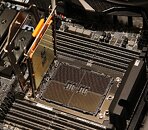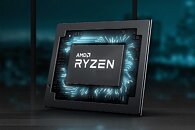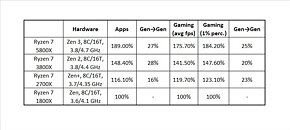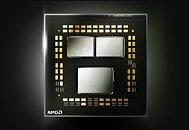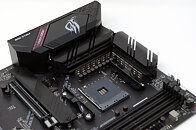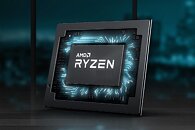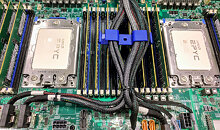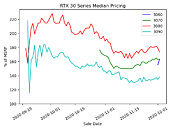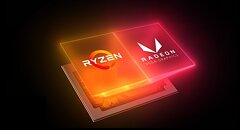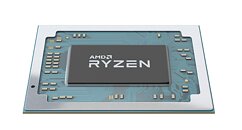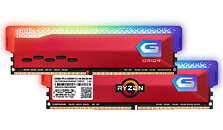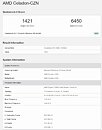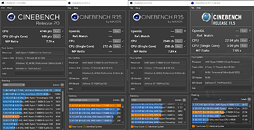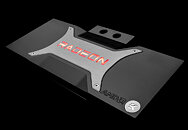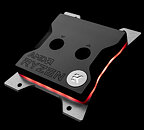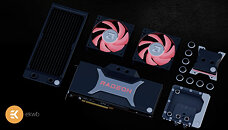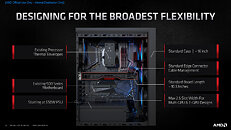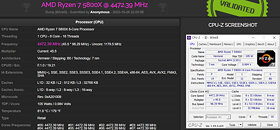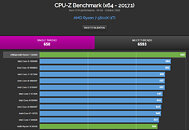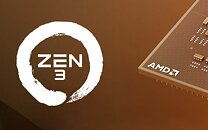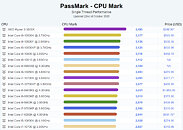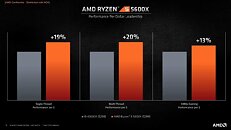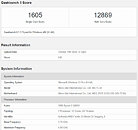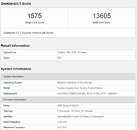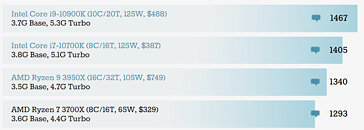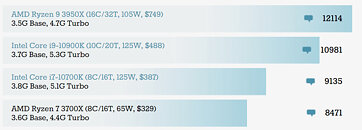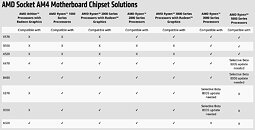AMD's main competitor to Intel's 11th Gen Core "Tiger Lake" processor in the mobile space, the Ryzen 5800U, will introduce the same kind of generational IPC improvements over the Ryzen 4800U "Renoir" as the Ryzen 5000 desktop processors introduced over their Ryzen 3000 predecessors. Based on the 7 nm "Cezanne" silicon, the new Ryzen 7 5800U processor was put through Geekbench 5.1.1, where it yielded performance numbers of 1491 points single-threaded, and 6450 points multi-threaded. HotHardware comments that these numbers reflect a major IPC increase.
With the Ryzen 5000U series, AMD is taking a very confusing approach to the processor model stack, with half the parts based on the older "Zen 2" microarchitecture and "Lucienne" silicon, and the other half "Zen 3." The model number scheme goes as 5x00U, where if "x" is an odd number, the chip is "Zen 2" based, and if it's an even number, it is "Zen 3" based. For example, the 5800U is based on "Zen 3," whereas the 5700U is based on "Zen 2." Find the 5800U Geekbench 5 validation
here. The Geekbench database listing also confirms that much like with the 8-core "Zen 3" chiplets on the Ryzen 5000 "Vermeer" desktop processors, "Cezanne" features an 8-core "Zen 3" CPU that does away with the 4-core CCX arrangement, and features a single 8-core CCX with a monolithic 16 MB L3 cache—a doubling in overall L3 cache amount compared to "Renoir," and a quadrupling in addressable L3 cache by each core.






